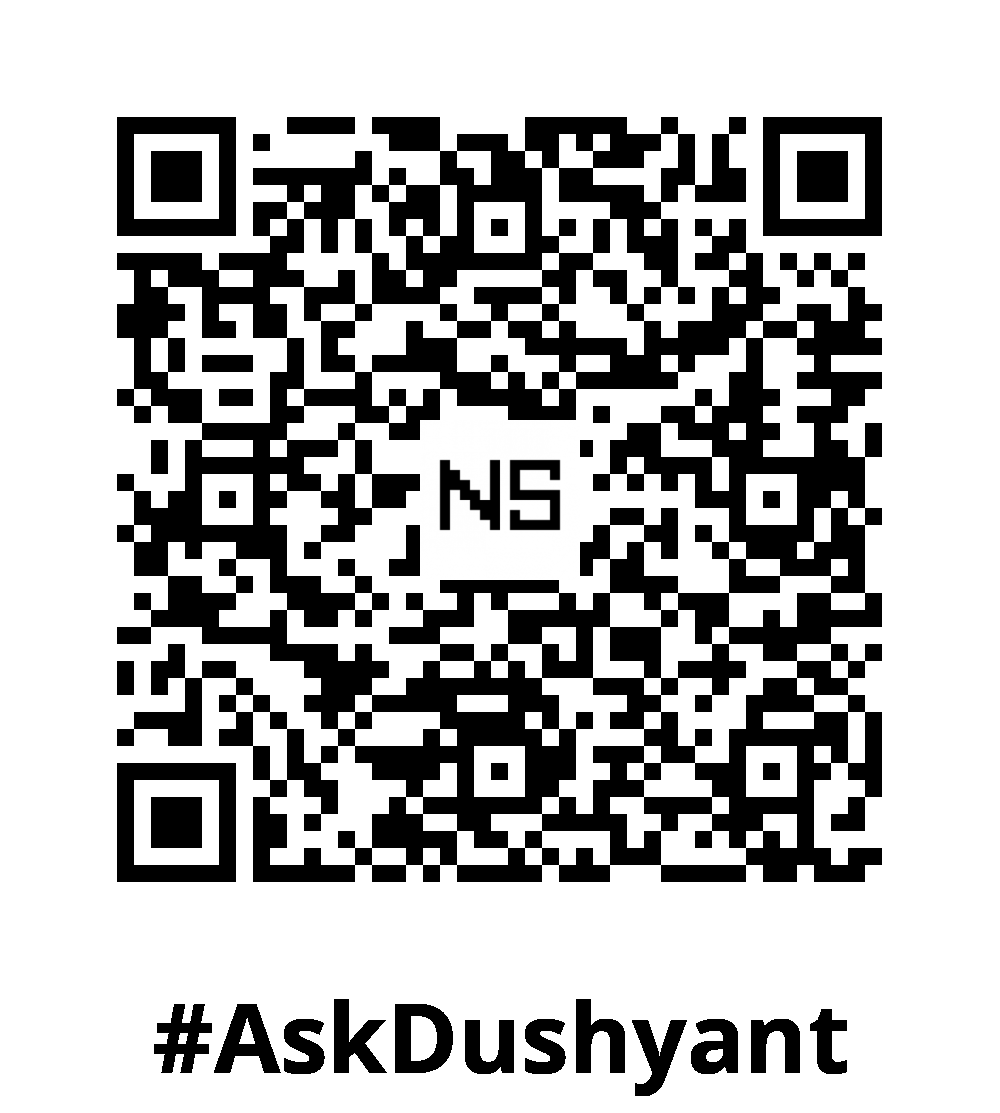In the era of big data, organizations face the challenge of efficiently storing, processing, and analyzing massive volumes of structured and unstructured data. Two prominent technologies that have emerged to address these challenges are Hadoop and NoSQL databases. With 18 years of expertise in tech innovation and leadership, As an early adopter of these technologies, I will now delve into their similarities, differences, use cases, and considerations to help you choose the right technology for your big data needs.
Similarities between Hadoop and NoSQL
- Scalability: Both Hadoop and NoSQL are designed to handle large-scale data. They offer horizontal scalability, allowing organizations to distribute data across multiple nodes or clusters, enabling seamless expansion as data volumes grow.
- Flexibility: Hadoop and NoSQL provide flexibility in terms of data schema. They can handle unstructured and semi-structured data, unlike traditional relational databases that require a predefined schema.
Differences between Hadoop and NoSQL:
- Data Processing Paradigm: Hadoop is a distributed processing framework that follows the MapReduce model, where data is divided into smaller chunks and processed in parallel across multiple nodes. NoSQL databases, on the other hand, use a variety of data models, such as key-value, document, columnar, or graph, and offer flexible query capabilities.
- Data Storage: Hadoop relies on a distributed file system called Hadoop Distributed File System (HDFS) for storing and managing data. It breaks down large datasets into blocks and distributes them across the cluster. NoSQL databases use different storage mechanisms based on their data models, such as key-value stores, document stores, columnar databases, or graph databases.
Use Cases and Considerations:
- Hadoop Use Cases: Hadoop is well-suited for batch processing, large-scale data analytics, and processing structured and unstructured data. It is commonly used in industries like finance, healthcare, retail, and telecommunications for tasks like log analysis, recommendation systems, fraud detection, and sentiment analysis.
- NoSQL Use Cases: NoSQL databases excel in scenarios that require real-time access, high-speed data ingestion, and flexible data models. They are often used for applications like content management systems, e-commerce platforms, social media analytics, and IoT data management.
Choosing the Right Technology
The choice between Hadoop and NoSQL depends on your specific use case and requirements. Consider the following factors:
- Data Variety and Volume: If you deal with diverse, unstructured data types, Hadoop’s ability to process large volumes of data may be more suitable. NoSQL databases, with their flexible data models, are better suited for real-time applications that demand quick data access.
- Processing Needs: If your workload requires complex data transformations, batch processing, and extensive analytics, Hadoop’s MapReduce framework provides powerful capabilities. NoSQL databases are more appropriate for scenarios that demand low-latency access and real-time data processing.
Personal Preferences
While personal preferences and buzz words among leaders may influence the decision-making process when choosing between Hadoop and NoSQL, it is essential to consider factors such as your team’s expertise, existing infrastructure, and future scalability needs. Evaluate factors like ease of development, community support, and integration with other technologies to make an informed decision. For startups looking to adopt a fresh technology stack, my recommendation would be to leverage NoSQL databases that best align with your specific requirements.
My Tech Advice: Both Hadoop and NoSQL have emerged as critical technologies in the big data landscape. While Hadoop is renowned for its batch processing and analytics capabilities, NoSQL databases offer real-time access and flexibility. Assessing your use case, data requirements, and processing needs will guide you in choosing the right technology. Remember, there is no one-size-fits-all solution. The key is to understand the strengths and weaknesses of each technology and align them with your specific big data objectives. By selecting the appropriate technology stack, you can unlock the full potential of your big data initiatives and drive meaningful insights for your
#AskDushyant


Leave a Reply